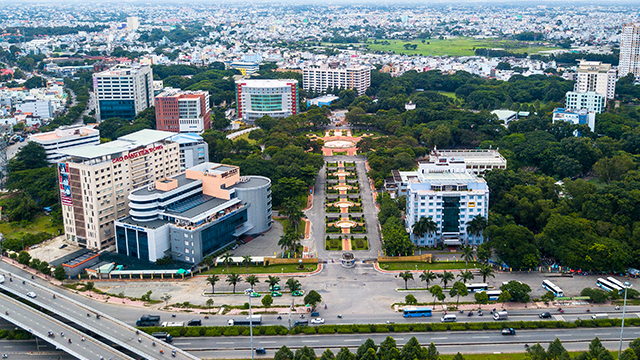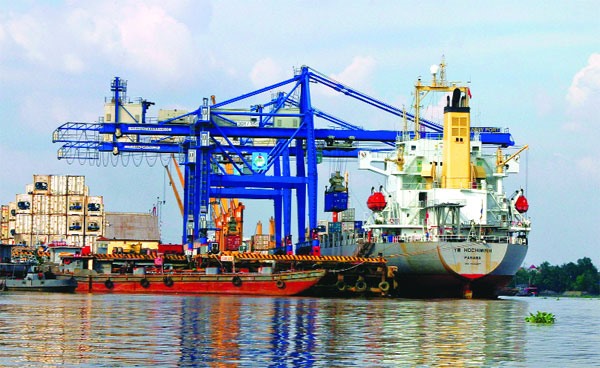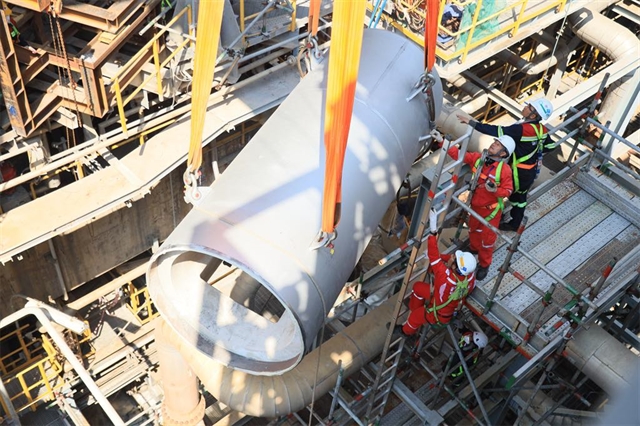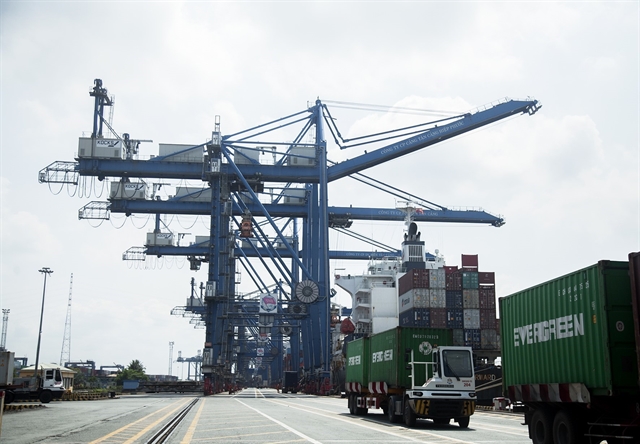 Economy
Economy

Experts at a conference held by the National Institute for Finance on Wednesday in Hà Nội said that inconsistencies and overlaps in development planning, as well as lack of cooperation among localities, were hindering regional economic development.
 |
| Many seaports, for example, only run at 30-40 per cent of their capacity. Experts said that inconsistencies and overlaps in development planning, as well as lack of co-operation among localities, were hindering regional economic development. — Photo interserco.com.vn |
HÀ NỘI — Experts at a conference held by the National Institute for Finance on Wednesday in Hà Nội said that inconsistencies and overlaps in development planning, as well as lack of co-operation among localities, were hindering regional economic development.
Economic regions contributed significantly to the country’s growth, but inconsistent planning was causing scattered investments and undermining their competitiveness, according to participants.
The lack of co-operation in attracting investments between provinces and cities within an economic region is alarming, experts said at the conference, adding that every province and city wants to have an airport, seaport and electricity plants, for example, without considering the efficiency of such plans.
Many seaports, for example, only run at 30-40 per cent of their capacity, an expert said.
He added that overlaps in planning create competition among different regions and erode overall benefits at the national level as well as the regional one.
"It is critical to develop master planning to promote regional economic development and enhance co-ordination between central and local levels with a focus on developing traffic infrastructure," Nguyễn Viết Lợi, Director of the National Institute for Finance said.
In addition, incentives should be given for each region to develop its competitive advantages, Lợi said.
According to Đặng Văn Thanh, president of the Việt Nam Association of Accountants and Auditors, a steering committee in charge of promoting regional development should be founded to supervise the planning and ensure consistency.
Expert Thái Bá Cẩn recommended that policies to raise capital for regional development be developed comprehensively with detailed classification of investment projects for better management and resource allocation.
Việt Nam has four key economic regions in the north, centre, south and the Cửu Long (Mekong) Delta, covering 27.5 per cent of the country’s area and 51 per cent of population.
The contribution of these key economic regions to the gross domestic product rose from 51 per cent in 2003 to annually average 70 per cent in the 2010-15 period. — VNS
.









